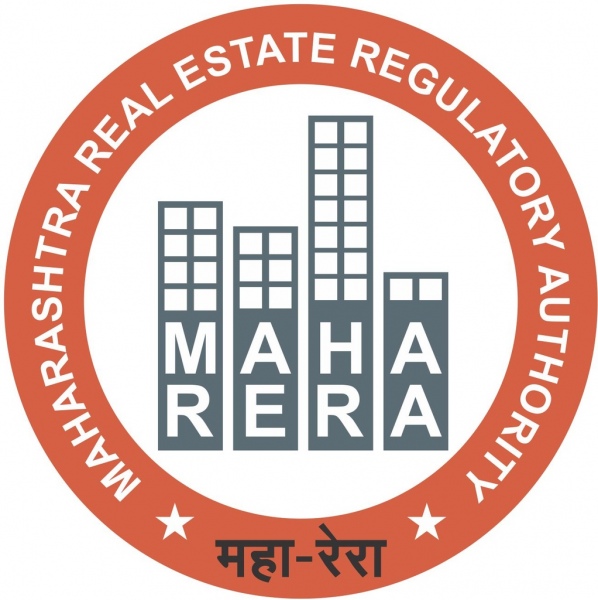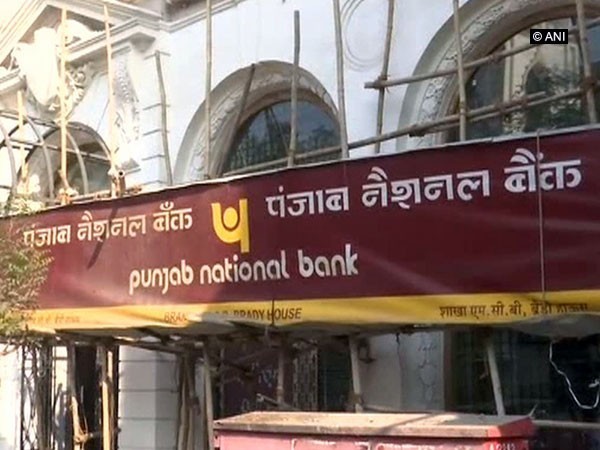Regularization laws should not be used as a tool for illegitimate building.
MUMBAI: The Bombay High Court ruled that the legal mechanism for regularisation “cannot be a weapon to be deployed by the petitioner in every case of rank unlawful building.” The HC turned down a hotelier’s request for an injunction to stop a civic organization from tearing down the illegal buildings and allow time to file a regularisation application.
The petitioner, Saqib Khan, agreed to dismantle the unauthorized commercial structure himself four weeks after the High Court rejected the argument in the morning session of March 15 and allowed for civic action.
The HC ordered the municipal authority to wait until then before taking any coercive action.
After hearing his request for relief, the HC bench of Justices Girish Kulkarni and R N Laddha stated, “This is yet another case where extensive unauthorized commercial construction performed by the petitioner is an issue.”
In fact, allowing any such course of action would amount to favoring illegal building and/or encouraging it, it continued.
On March 8, the Kalyan Dombivli Municipal Corporation (KDMC) ruled that the commercial building was unpermitted and needed to be demolished. The proprietor of the hotel and bakery, Khan, also claimed to be the land’s owner.
Granting regularisation pleas in a blatantly illegal case was said in the order that was available on March 25 “would result in a lawless regime by allowing for illegal building. When the legislature specifies tight rules to regulate construction under the planning regulations, this cannot possibly be their objective.”
In February of this year, the KDMC issued a show-cause notice about the structure. The show cause notice was contested in the petition.
Following a hearing, the KDMC declared the construction to be unlawful while the petition was pending. The civic council said that there were garages on the property as well.
The petition “failed to submit any documentation which would prove that such building which was conducted in running all these business units is in any manner allowed,” the HC stated, adding that this was “pertinent” to note.
Furthermore, when steps are taken to remove unauthorized construction, it appears to be a common habit for those responsible for the illegal construction to accuse municipal corporation personnel of corruption carelessly. The current situation is not an exception, the HC declared.
The HC made it plain that the corporation is free to take legal action against the petitioner if he fails to file or provide his undertaking.



















































































